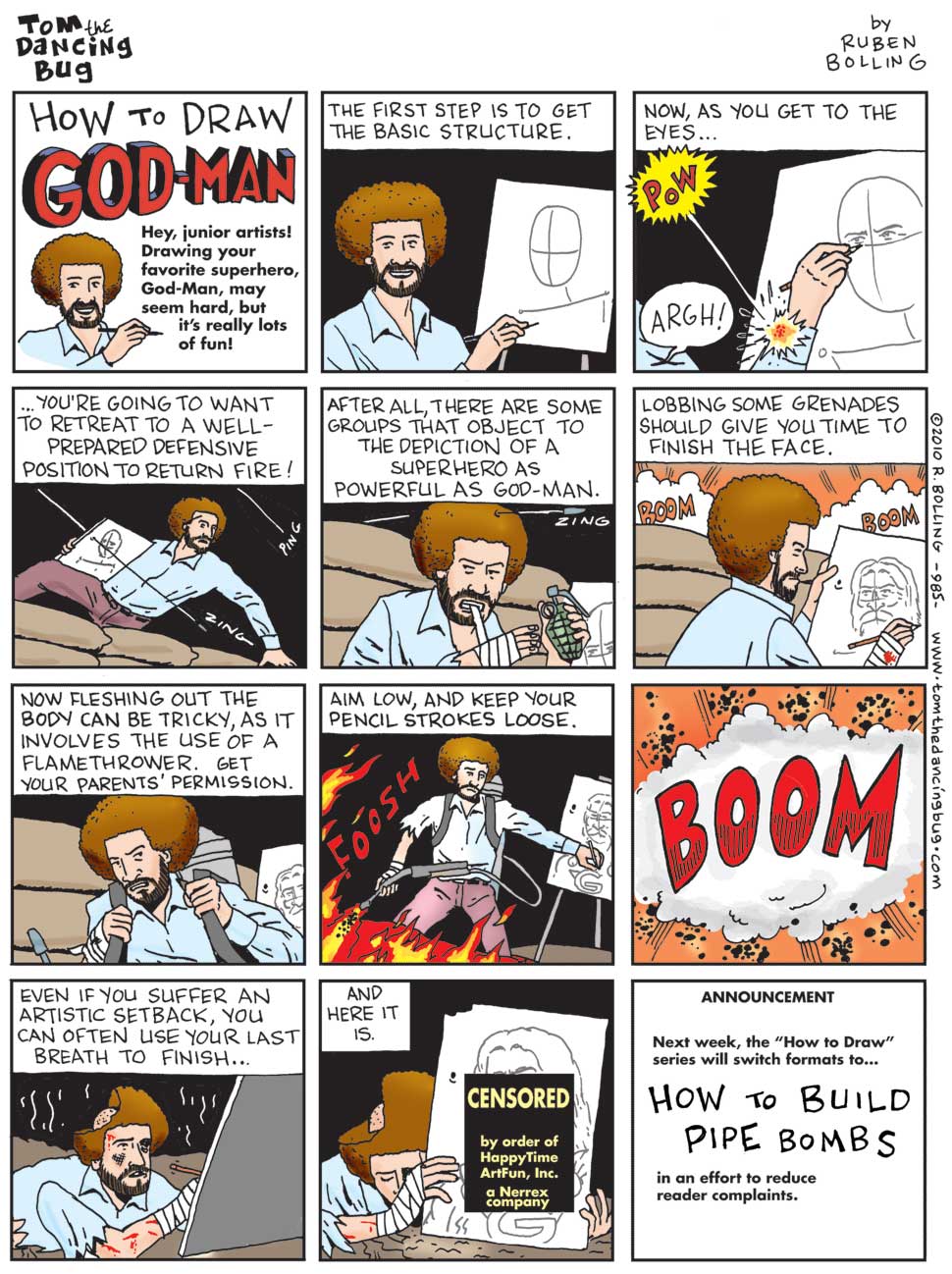Many of the people that argue against gay marriage make the same points. They say marriage is a religious contract and so the state should go no further than making civil unions, that marriage is between a man and a woman, that marriage is about procreation, that it’s not a civil rights issue. Some of these can be simply addressed with a look at basic facts. Others require a little bit of context and history.
In an op-ed in the Washington Post Matthew Franck tries to make a case that using the term “hate” (as in hate speech) against those who argue against gay marriage as w right. This isn’t inherently correct but it can be. Not everyone who stands against gay marriage is spouting hate speech. Not everyone who fights for a definition of marriage as “one man, one woman” is doing so out of hate. However, that is the kindest thing I can say because if they are not fueled by hate then they are fueled by ignorance, and in either case it is still bigotry.
Marriage is a religious institution
It is not. At least, it is not exclusively. In fact, the United States won’t recognize a religious marriage. In most religious marriage the couple is actually getting two ceremonies performed at the same time. The clergy member who performs the marriage is creating the religious and civil marriage. If a clergy member is not registered as a state officiant with the United States then any marriage they perform will not be legally binding. Similarly, if a couple has a Jewish wedding and then a purely civil divorce they are still married under Jewish law. I had a purely civil marriage and that means I don’t need a Jewish divorce if my marriage ever fails since I don’t have a Jewish marriage.So anyone who claims that the government should stop at civil unions for gay couples is in the wrong on this point. Heterosexuals can have state sanctioned marriages and so should homosexual couples. No clergy will have to perform them so keep your church out of my state.
Traditional marriage is between a man and a woman
Let’s talk about traditional marriage according to the bible. Because that’s the traditional marriage they are talking about.A traditional marriage is an ownership contract that a man enters into regarding a woman. The class of property that the woman is is called “chattel”. It is a complicated status but can be boiled down to “property with rights”. In a traditional marriage a man signs documents that contractually obligate him to all of, but not limited to, the following:
- provide food, shelter and other necessities
- sexually pleasure her a on a schedule that is dictated according to his occupation
- It is work noting that he is obligated to her. She is not obligated to have sex with him. It is strictly the wife’s right.
- Another fun sex fact: sex was part of the engagement process in biblical times. There was no separate “engaged but not married” status for couples back then.
- Christmas tie-in: That means that Joseph and Mary were having sex before Jesus was born since they are referred to as already married in the bible
- A settled upon amount to be paid to the woman in the case of divorce. This was usually in the range of an amount that could be lived on for 5 years I believe
- According to a biblical marriage there is no such thing as a valid prenuptial
It is worth noting that this was not looked at as an exclusive contract. A woman could only be owned by one man but as long as the man could fulfill the contractual obligations he could take as many wives as he wanted. That does mean sexually pleasuring them according to biblical law.
Marriage is about procreation
Go back to the section above. It was about tribal property. This could only be passed down through a male offspring. Really, this point only applies if you look at women as chattel, marriage as a property contract regarding the wife and her father’s lands. This hasn’t applied for a long time.Also you would have to argue that infertile couples could not wed and that a married heterosexual couple that remained childless for a certain number of years would have to annul their union.
The bible is against gay marriage as well as homosexuality
Wrong wrong wrong. While the bible certainly doesn’t condone either the people that wrote it don’t think about sexuality in the same way you do. So this one needs to be put into historical context.A lot of the bible laws regarding sexuality were written in response to contemporary Greek practices. You know how the Greeks are know for homosexuality? Well, they weren’t. Back then there was no concept of homosexuality. A man having sex with another man was, while obviously sexual to some degree, more about status. The sexual taking of a man back then was akin to calling him chattel, proving that he was in a class below you. It was strictly a gay thing.
To separate themselves from the heathen Greeks all status shifting sex between men was banned. This kept the levels of status set at men over women and elder over younger. One could not prove they were of a higher status than what the existing Jewish culture dictated by screwing your way up the ladder.
The same way that same sex intercourse was a status issue, so was marriage. How could a man own another man when men aren’t chattel? A similar idea would be to ban whites from owning white slaves but still allowing black slaves. Well, biblical Jews could own women but were banned from owning men. It wasn’t that the marriage would have been sick or wrong from a societal standpoint. It’s that a same sex marriage wasn’t legally conceivable from an ownership perspective. And women marrying women? Women weren’t at the status level where they could hold contractual obligations like that over someone else.
Biblical slaves were another story. Slaves in the bible are a level above objects but below women. In fact, biblical slaves hover around the same level as important farm animals. Women could own animals but certainly not other women and absolutely not men.
All of this may seem like a lot of information to take in. Their way of life in bible times were so different from ours. It’s almost like they were an entirely different civilization, right? Weird.
It’s not a civil right
Then what is it? Taking away biblical precedent (which are constitutionally invalid arguments) there’s really not a lot to point at as far as reasons to stop gay marriage. Both people entering into a same sex marriage have to be of a certain age and legally able to enter into a contract. Actually, that’s a lot like the method for entering into a “traditional” marriage. The biggest difference is now we don’t have a tribal antipathy for ancient Greek culture and accept that women are legally equal in status to men. With those issues already revised it seems that a traditional marriage is possible between two people of the same sex.So what’s stopping it? Bigotry. It’s a (now we see baseless) hostility towards people with a different set of preferences than someone else. And since there’s no logical reason to ban same sex marriage (we’ve taken care of the bible, procreation and sacred institution arguments) it comes down to bigotry. Whether this bigotry is built on fear of change or “the other”, hatred or religion it is still bigotry. Even arguing up to, and stopping at, civil unions is a form of “Separate But Equal” legislation.
Oh, and try to keep it to something that can be brought up in constitutionally abiding law. Say “God doesn’t like that” isn’t something that fits the criteria.

















